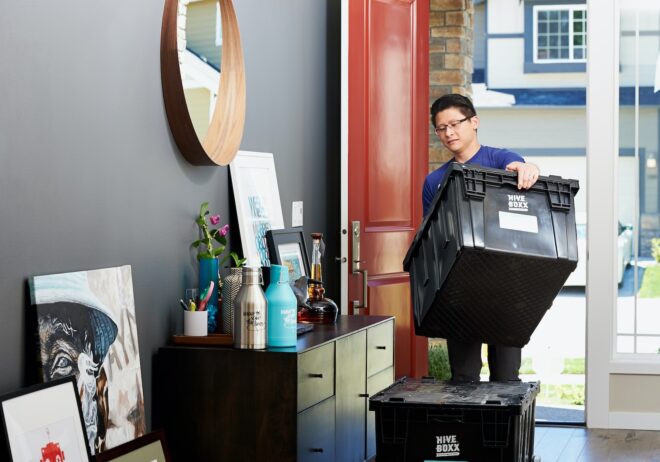Legal Issues in a Post-COVID World: What Happens When Your Adult Child Won’t Leave?

Since COVID has changed the way that we live and work, I have seen a handful of legal issues come up over and over. While these are not new problems or opportunities, they have come up a lot more since COVID began. They could be a result of remote work, or the Great Resignation, or inflation and higher gas prices. Whatever the cause, our clients and friends have asked these questions more now than they ever have before. I wanted to write a series of posts to talk about these post-COVID scenarios. Hopefully these articles will help you plan to avoid problems, or let you know what you can do if you find yourself in the middle of one of these stories.
The Unwanted Houseguest
The first scenario that keeps coming up involves an adult child who moves back in with his or her parents (or into a house owned by his or her parents). The issue is when that adult child starts causing problems and refuses to leave. When I say, “causing problems,” I mean things like drugs, threats of violence against the parents, damaging the house, creating conflict with the neighbors, and things like that. In our post-COVID world, we are encountering this problem much more often. Parents come to us with their patience exhausted, asking what they can do to fix this situation.
The Adult Child’s Legal Status
When a client comes to us with this problem, one of their first questions is “Why can’t I call the police and remove our child from our home?” Our experience is that – unless there is a real, immediate threat of harm – the police will treat this arrangement as a matter between the two parties and will not interfere.
The best way to think about this living arrangement is as a lease, where the parents are the landlords, and the adult children are the tenants. Even if there is no signed lease agreement, the children probably have some sort of legal right to remain in the place where they are living. And the best way to remove them from the home is to treat them like a tenant and go through the process of “eviction.”
Overview of the Eviction Process
The eviction process in Pennsylvania is set out in the Pennsylvania Landlord and Tenant Act. Generally, the process goes like this:
- The landlord gives an “Eviction Notice” to the tenant. The notice period needs to be 10 days for a failure to pay rent, or 15 days for a breach of the Lease or the end of the Lease term.
- After the notice period is over, the landlord files a “Landlord/Tenant Complaint” with the local Magisterial District Justice. The MDJ schedules a hearing within a week or two from the date of the Complaint. The Complaint can ask for possession (i.e., kicking the tenant out), past due rent, and/or paying for damage to the property.
- If the MDJ awards possession of the property to the landlord, after ten days, the landlord can go back to the MDJ and ask for an “Order for Possession”. The Order for Possession will order the tenant to leave the property within another ten days.
- If the tenant does not leave the property in ten days, the sheriff or constable will forcibly remove them from the property.
Why Treat the Living Situation Like a Lease?
I think the best reason to treat this situation like a lease is because leases and eviction are predictable. Put yourself in the position of police or the local District Justice. No one wants to get involved in a family argument. But it is easy for a District Justice to look at one person as a landlord and one as a tenant. Their offices handle landlord/tenant matters nearly every day. There is a law and a process that they are bound and happy to follow in those kinds of problems.
This also makes the process predictable for the family members. If you provide a written Notice of Eviction, with 15 days to leave, then your intentions are very clear. Sometimes it is easier to follow a very exact legal schedule of events than to negotiate a move out date. Remember, this article is for the times when nothing else has worked, and adult children have become a real problem.
How Can You Make This Easier?
Since the best way to fix the problem is to treat it like a lease situation, the best thing you can do is to prepare a simple lease agreement at the start. This can be as simple as a piece of paper that says I am the landlord, you are the tenant, and there is a month-to-month lease term. That means that the parent/landlord can say that the lease has expired at the end of any month and start the eviction process. The lease agreement can have more in it than that. If there are rules and regulations that need to be followed (like no drugs, or following up with therapy), putting them in a written document helps emphasize them.
If you did not start with a written lease, and now find yourself in a situation where you need to remove your adult child from your home, all is not lost. We will treat the situation as if you had a month-to-month lease agreement all along. So, we will go through the same steps of providing a written Notice of Eviction, giving 15 days notice, going to the MDJ, and getting an Order for Possession. Those things are easier if you have a lease up front, but they are not impossible to perform if you do not.
Look for future installments in my series for a post-COVID World, including “We Bought a House Together and Broke Up”.
